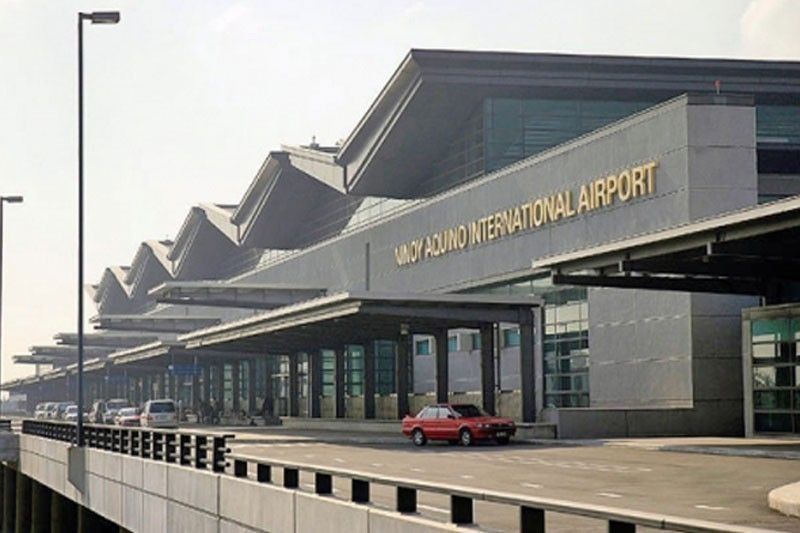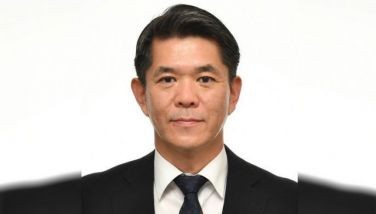Next admin urged to privatize NAIA

MANILA, Philippines — The Department of Finance (DOF) has agreed with a legislator’s proposal that the Ninoy Aquino International Airport (NAIA) should be privatized to collect one-time gains for debt payments.
In an interview with reporters, Finance Secretary Carlos Dominguez III said the government no longer has any high-value assets that it can sell to the private sector for additional revenues.
What the next administration can do, Dominguez said, is to look at the possibility of turning over NAIA to an interested buyer, as proposed by House of Representatives ways and means committee chairman Joey Salceda, to raise additional revenues to be used for debt service.
Apart from this, Dominguez said state-run Philippine Deposit Insurance Corp. (PDIC) is trying to consolidate whatever remains of its registry for sale to the private sector. More than 30,000 titles of idle mines and foreclosed properties are up for privatization under the next administration.
Dominguez said the PDIC decided to consolidate the assets to dispose of them in blocks, as these are not as valuable when sold in pieces. However, he warned that it may be difficult to get rid of the public assets given the legal and security issues that some of them face.
“That (privatization of NAIA) is a possibility, that is a definite possibility. We have thought about it since 2016. We have to see first how the alternative to NAIA is developing,” Dominguez said.
“What do we really have for privatization? We have a couple of mines, but we don’t have the big assets. We (just) have some pieces of property,” he said.
There may be reason now to privatize if not retrofit NAIA in the medium term, especially once San Miguel Corp. finishes the New Manila International Airport, worth P735 billion, in Bulacan.
Last week The STAR talked to Salceda about his warning to the next administration on the need to raise at least P1.6 trillion in the next five years for debt payments. Per his computation, about P500 billion could be raised through the sale of large-scale assets owned by the government.
“Without the privatization of crown jewels like NAIA and Manila Bay, it would be painful to raise the needed revenues for our debt service. It would demand us to hit special sectors benefiting from VAT exemptions, removal of which would generate for the government P600 billion,” Salceda said.
The DOF, for its part, crafted a three-tranche program containing a set of fiscal reforms that the next administration can undertake to generate revenues to repay the debt bill.
The consolidation plan does not propose the privatization of government assets, but instead requires the removal of VAT exemptions, deferral of tax reductions and introduction of new taxes.
- Latest
- Trending




























